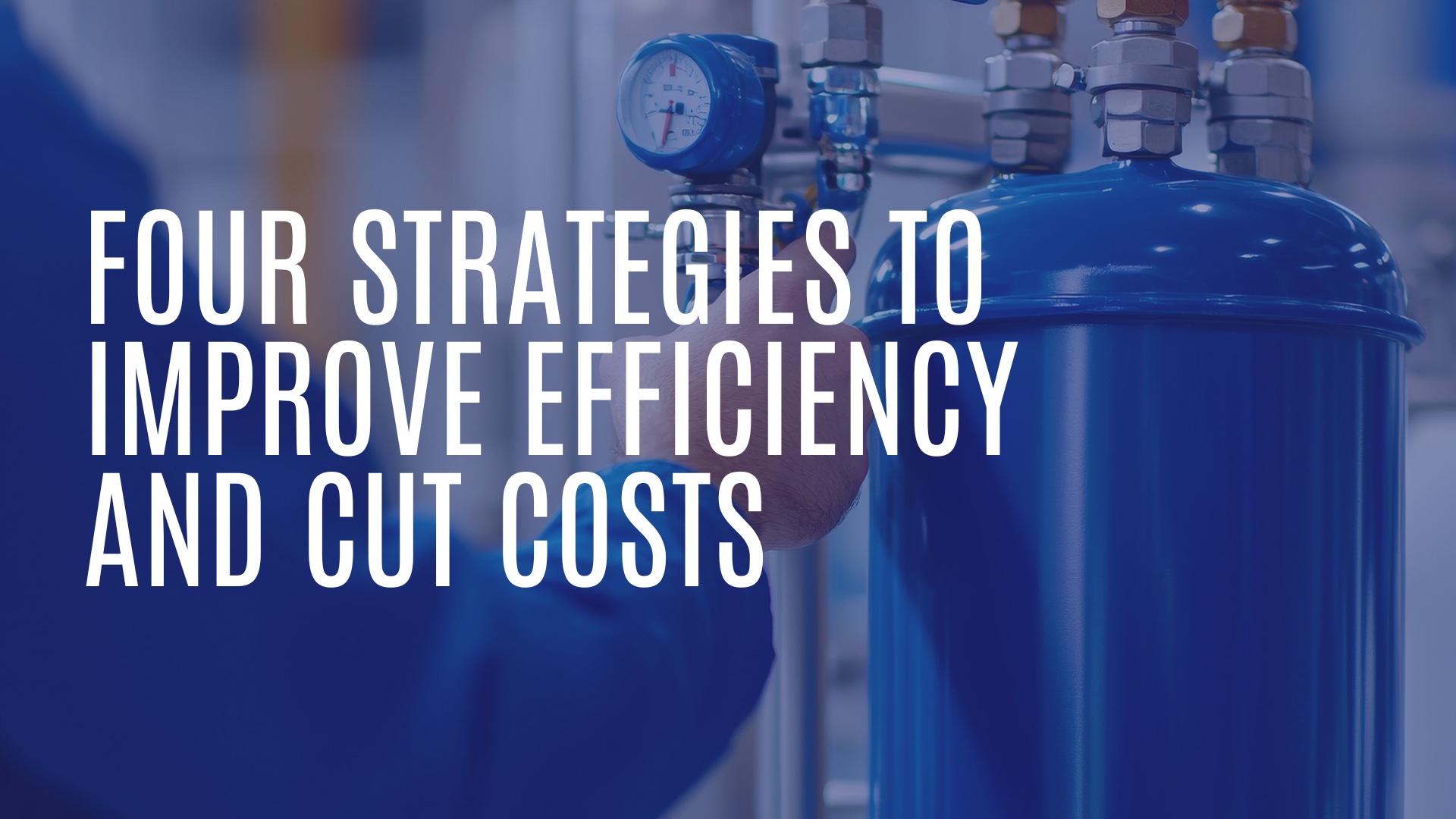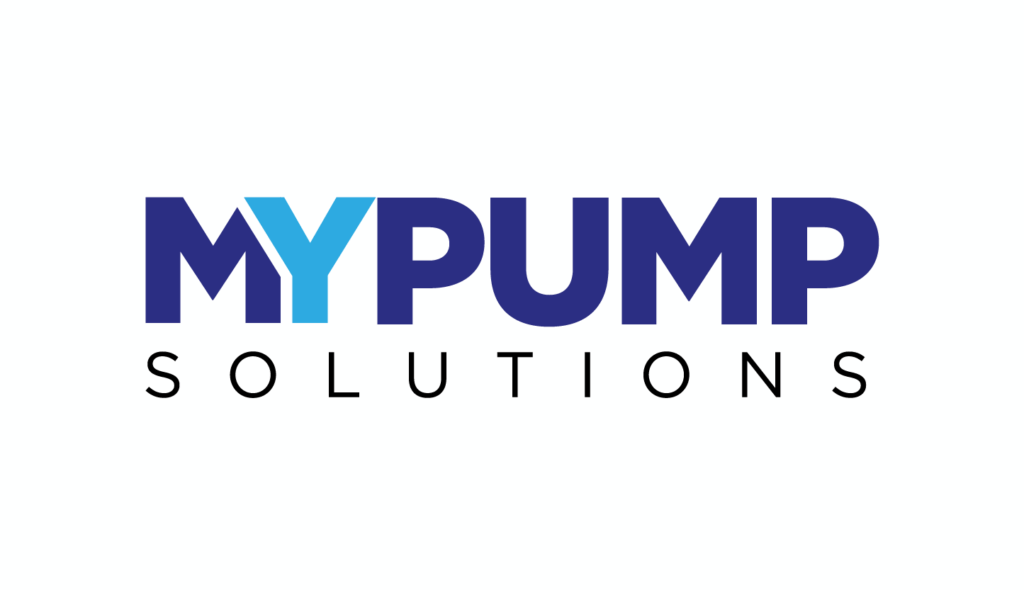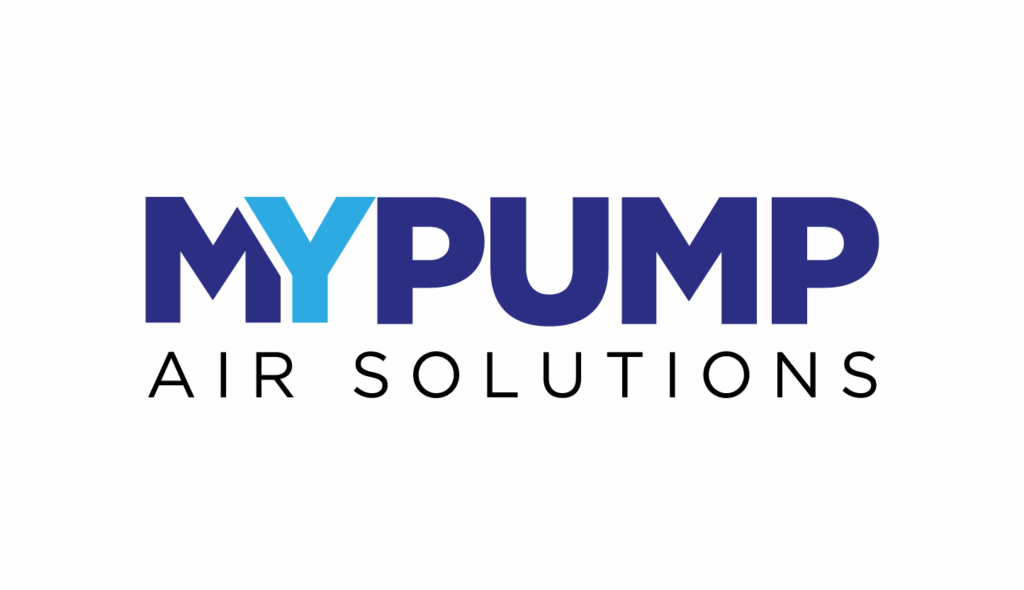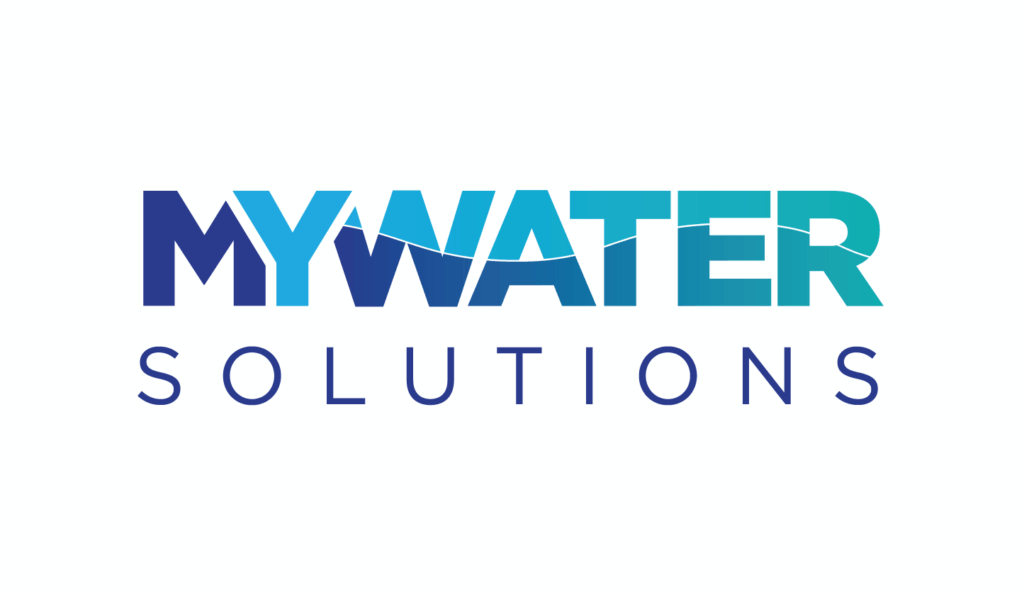Eco-Friendly Water Solutions for Sustainable Industry
As industries continue to prioritise sustainability, adopting smart, eco-friendly water solutions has become more important than ever. These practices not only conserve valuable resources but also help reduce operational expenses and environmental impact. Here are four practical strategies that industrial facilities can implement to make their water use more efficient and environmentally responsible.
1. Rainwater Harvesting
Rainwater harvesting captures and stores rainwater for reuse across various applications. With proper filtration, this water can even be used for processes beyond irrigation or equipment washing, including drinking and sanitation.
Key Benefits:
- Water Conservation: Reduces dependency on municipal supplies, especially valuable in water-scarce regions.
- Environmental Impact: Minimises runoff, helping prevent erosion and pollution.
- Cost Reduction: Lowers water bills by supplying non-potable water needs.
- Resilience: Ensures water availability during dry periods or restrictions.
- Groundwater Recharge: Some systems allow excess water to be redirected into aquifers.
- Industrial Storage Tanks: Facilities can install high-capacity tanks designed to collect rainwater from large roof areas, supplying water for processes such as cooling, cleaning, or landscaping—greatly easing the burden on public infrastructure.
2. Magnetic Water Conditioners
Hard water causes limescale buildup, reducing equipment efficiency and increasing energy consumption. Magnetic water conditioners offer a chemical-free method to prevent this, improving the longevity and performance of industrial systems.
Key Benefits:
- Chemical-Free: No harmful additives, making it a safer, more sustainable solution.
- Energy Savings: Prevents scale buildup, boosting thermal efficiency.
- Low Maintenance: Once installed, these systems require minimal upkeep.
- Preserves Minerals: Keeps essential minerals like calcium and magnesium in the water.
- Trusted Technology: Endorsed by global organisations such as WHO and British Water.
3. Sidestream Filtration
In cooling towers and closed-loop systems, sidestream filtration plays a crucial role by continuously removing impurities that would otherwise reduce efficiency and damage equipment.
Key Benefits:
- Improved Efficiency: Enhances heat transfer by reducing fouling.
- Water Conservation: Minimises the need for frequent draining and refilling.
- Environmental Benefits: Reduces chemical usage and supports system sustainability.
- System Longevity: Helps prevent corrosion and extend the life of infrastructure.
4. Grundfos Smart Water Solutions
Grundfos provides energy-efficient pumps and intelligent water management systems, incorporating IoT technology to optimise performance and reduce waste.
Key Benefits:
- Lower Energy Use: Advanced motors cut electricity consumption.
- Smart Monitoring: Real-time performance insights enable proactive maintenance.
- Water Reuse: Encourages recycling and reduces freshwater demand.
- Cost Efficiency: Saves on utilities and wastewater disposal.
- Certified Sustainability: Products meet leading efficiency and environmental standards.
Conclusion: Driving Industrial Sustainability
Adopting these four eco-friendly water strategies allows businesses to operate more efficiently while actively contributing to environmental sustainability. Whether through harvesting rainwater, preventing limescale, filtering systems, or upgrading to smart technologies, these actions pave the way for long-term success and responsible resource management.




